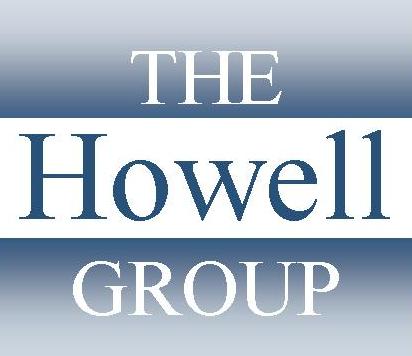 |
Dr. Robert A. Howell | |||||||||
|
||||||||||
| RESEARCH | ||||||||||
Dr. Howell is one of the foremost authorities in the world on the changing role of finance and accounting in the context of the increasingly global, competitive, and rapidly changing business environment. His current interests focus on changing governance practices in the wake of corporate abuses and new regulations, and financial analysis, reporting, and control practices. His earlier work focused on free cash flows and value creation, the strategic role of finance, new approaches to cost and profit management, management lessons from the lean production model, and the acquisition integration process. |
|
|||||||||
|
|
||||||||||
| Corporate Governance and Leadership | ||||||||||
In conjunction with his prior involvement with the Center for Corporate Excellence, Dr. Howell studied a number of issues pertaining to governance, culture, and leadership. These include the pros and cons of splitting the Chair and CEO positions; the board's role in corporate strategy; the board's role in setting corporate culture, ethical leadership training and succession planning; executive compensation; and board/director evaluation. In conjunction with his faculty role for the National Association of Corporate Directors (NACD), for whom he has taught since 2005, in more than 40 Director Professionalism Programs, reaching more than 2500 directors, ha has immersed himself in all aspects of leading board governance practices. He is an NACD Govenance Fellow. |
||||||||||
| Firm Valuation | ||||||||||
Much of Dr. Howell's work over the past few years has been directed toward the issue of firm valuation, and its application toward investment decisions and financial reporting. He concludes that because the real "intrinsic" value of a firm is a function of the firm's future cash flow potential, much more, and clearer, cash flow information needs to be provided by financial reporting practices. His Tuck "financial statement analysis" courses put considerable emphasis on cash flow reporting. | ||||||||||
| Improved Financial Reporting | ||||||||||
Dr. Howell is trying to strongly influence the SEC and FASB as both organizations address the issue of improved financial reporting. He has redesigned the cash flow statement to more clearly identify cash flows for creditors and investors; the balance sheet to put more focus on "financing" and "investing" and to include intangible assets; and the income statement to reflect the business activity flows. |
||||||||||
| Strategic Finance | ||||||||||
While Dr. Howell was associated with IMD - International Institute for Management Development (Lausanne, Switzerland), he focused considerably on the issue of repositioning CFOs and finance organizations to be more "strategic" in their orientation. He saw the evolution of finance moving from bookkeeper/accountant to controller/cop, to business partner, and finally, to one of "financial strategist" and financial "coach." His work resulted in the redesign of IMD's "Strategic Finance" Executive Education Program, which he led for three years. He designed and has been, and continues to be, the faculty director of Tuck's "Strategic Financial Leadership Program" (SFLP), a week long open-enrollment program aimmed at senior financial executives on track to become CFOs. He is joined by three other leading Tuck faculty with expertise in Strategic Thinking, Communications, and Leadership. Since its initial offering in 2010, SFLP has reached more than 150 executives from more than 100 companies and has the active support of Financial Executives International (FEI) for its members. | Cost and Profit Management | |||||||||
During the late 1980s, Dr. Howell's work placed him on the leading edge of thinking regarding product cost and profit analysis. He led two research initiatives, one for the National Association of Accountants (now Institute of Management Accounting ("IMA")) which led to the publication of "Management Accounting in the New Manufacturing Environment" and the second for the Financial Executives Institute "Cost Management for Tomorrow." His approach was to utilize "simplified" ABC costing assignment methodologies and to focus, as much, on customer profitability as on just product profitability. | ||||||||||
| Lean Production Applications | ||||||||||
During the 1980s, Japanese manufacturers became recognized for their application of "lean" production methodologies. Dr. Howell led a number of study missions for senior executives to Japan to witness, first-hand, the examples of Toyota, and others. Out of that exposure came the realization that the concept of "lean" was equally applicable to non-manufacturing processes. Dr. Howell became a leader in the application of "lean" concepts to, particularly, the finance organization and its core processes. | ||||||||||
| Acquisition Integration Processes | ||||||||||
Early in Dr. Howell's career he became very interested in the steps acquisition-oriented companies were taking to assure a smooth integration of their acquisitions. His work took him to a number of such companies, and led to the development of an acquisition integration "framework," which became the focus of a Harvard Business Review article. | ||||||||||
|
||||||||||